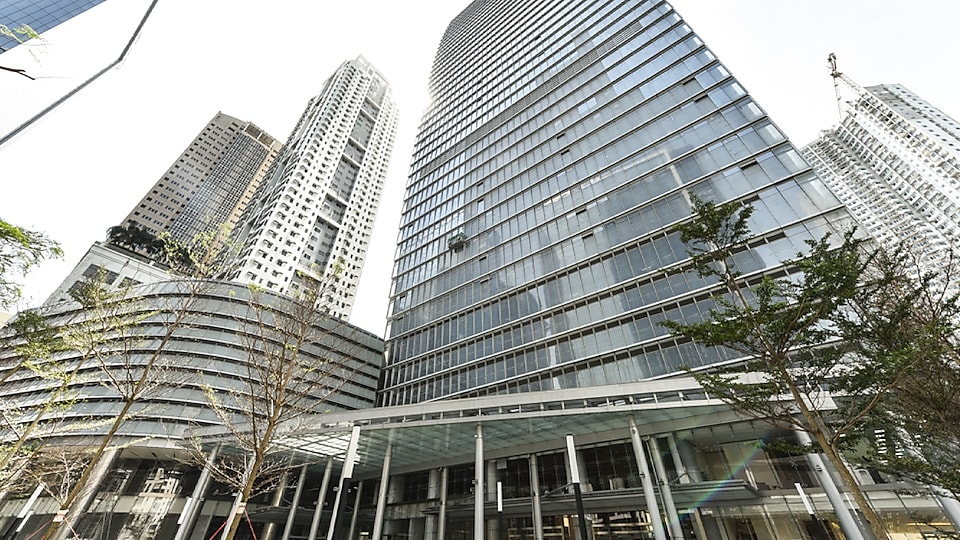Shell boosts sustainability moves with TCFD support, green office rating
Jan 26, 2022
Pilipinas Shell Petroleum Corporation is the first Philippine company in the energy sector to support the call of the international Financial Stability Board to adopt the Task Force on Climate-related Financial Disclosures (TCFD) recommendations in providing decision-useful, climate-related information.

Pilipinas Shell’s commitment to sustainability is evident in its head office in Taguig, which has earned the Leadership in Energy and Environmental Design (LEED) Green Building Silver rating under the Interior Design and Construction: Commercial Interiors Category. Pilipinas Shell joins more than 2,500 organizations in supporting the Financial Stability Board Task Force on Climate-related Financial Disclosures.
The oil company joins more than 2,500 organizations around the world that have agreed to evaluate and disclose, as part of their annual financial filing preparation and reporting processes, the climate-related risks and opportunities that are most pertinent to their business activities.
“Pilipinas Shell is supporting the TCFD recommendations as part of its efforts to promote transparency in its sustainability efforts, as supported by the existing climate-related information that we provide via our annual and sustainability reports,” says Pilipinas Shell Petroleum Corporation’s President and CEO, Miss Lorelie Quiambao Osial.
“By adopting these recommendations, we communicate how financial risks and opportunities related to climate change are part of our risk management and strategic planning processes, leading to smarter, more efficient allocation of capital, and helping smooth the transition to a more sustainable, low-carbon economy,” adds Osial.
LEED-rated office
Pilipinas Shell’s commitment to sustainability is evident in its head office in Taguig, which has earned the Leadership in Energy and Environmental Design (LEED) Green Building Silver rating under the Interior Design and Construction: Commercial Interiors Category.
The office features indoor spaces that offer a healthy and productive work environment, while fulfilling the standards set by the U.S. Green Building Council. The LEED certification is the most widely used green building rating system in the world, and is a globally recognized symbol of sustainability achievement and leadership.
The LEED certification and the support for the TCFD recommendations are Pilipinas Shell’s latest initiatives in its push towards a low-carbon future. Shell’s Business Operations in Manila is utilizing 100% green-tech energy to produce electricity for its offices in partnership with AREIT, Inc.
The company is also integrating solar panels and rain catchers into the design of several Mobility Sites across the country. Other features include the use of LED and inverter technology in the stations’ lighting and cooling systems; eco-bricks made from upcycled plastics for the walls; and the use of Shell Bitumen FreshAir for the pavements, decreasing the emissions of nitrogen oxide and other chemicals that are usually released during road construction.
“Pilipinas Shell remains committed to promote sustainability, providing cleaner energy solutions in a responsible way that balances short- and long-term interests, and integrating economic, environmental and social considerations into decision-making,” says Osial.
You may also be interested in
Shell engages kids on energy future
Shell launched its #MakeTheFuture campaign with an event designed for kids at the Mind Museum in Bonifacio Global City Taguig.
About Make The Future
As populations grow and thrive, so does the need for more energy.
Project SHELTER: Taal Volcano Emergency Relief Efforts
Taal Volcano Eruption
Philippine Institute of Volcanology and Sesimology (PHIVOLCS) raised the Taal Volcano Alert Signal to Level 4 - Hazardous eruption is possible within days last January 12.